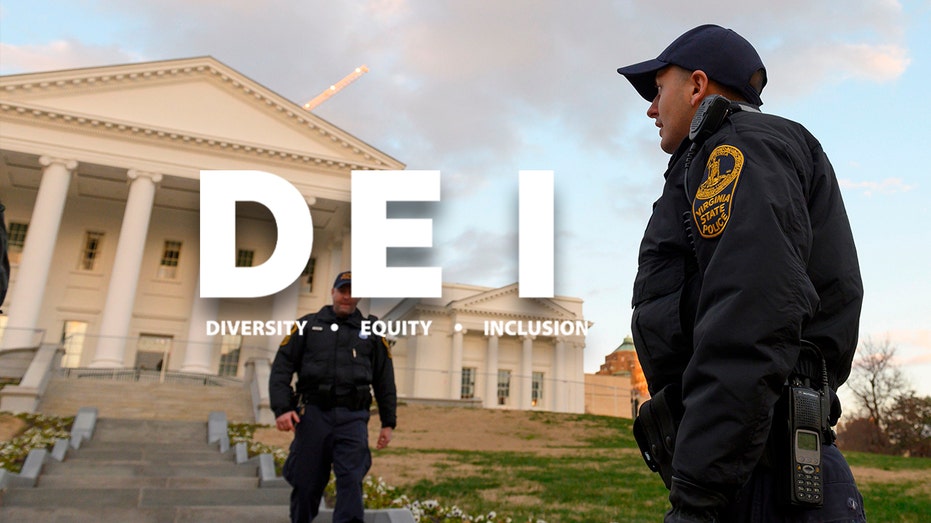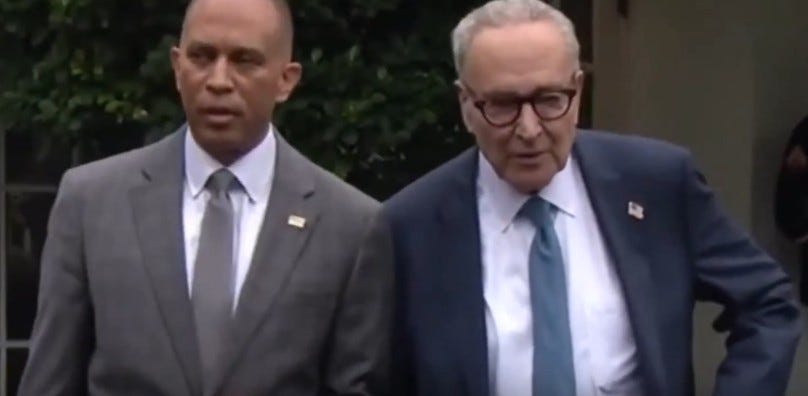A legal organization is intensifying its challenge to diversity, equity, and inclusion (DEI) initiatives in several major cities, alleging violations of federal civil rights law. The group is focusing on cities that continue to prioritize DEI programs despite concerns over their legality and potential for discrimination.
The core argument centers on the belief that race-based policies, rather than fostering justice, actively undermine it. This legal push aims to halt the flow of federal funds to programs perceived as divisive and detrimental to public safety and the rule of law. The organization has already filed complaints targeting multiple cities across the country.
Richmond, Virginia, is accused of embedding racial equity into every facet of its government. Complaints detail discriminatory themes in hiring practices, mandatory DEI training, and the creation of an Office of Equity and Inclusion allegedly designed to favor specific racial groups over merit-based qualifications.
The city’s budgeting process reportedly tied departmental performance to employee participation in “equity training,” striving for 100% completion. Further scrutiny focuses on Richmond’s “Climate Equity Action Plan” and “Racial Equity and Environmental Justice” program, accused of directing resources based solely on race.
Similar allegations have been leveled against Alexandria and Arlington, Virginia. Alexandria’s Office of Race and Social Equity is accused of systematically integrating “racial and social equity” into all city operations, evaluating policies through a “racial and social justice lens.”
The Alexandria Police Department’s “Racial Equity Plan” is under fire for prioritizing demographic representation in recruitment, aiming to “improve” the racial makeup of the force. The city’s fire department is alleged to pursue similar hiring preferences.
Arlington is facing accusations of implementing an “Affirmative Action Plan” with specific “underutilization goals” for minority representation in key job groups, including senior administrators and police officers. The plan outlines desired increases in minority representation within these roles.
The complaints highlight a disturbing incident in Arlington as a direct consequence of the city’s policies. A male sex offender was allegedly allowed access to a girls’ locker room at a local high school for months, ultimately exposing himself to a nine-year-old girl, due to the county’s policy on gender identity.
This incident is presented as a stark example of how these policies can compromise safety and violate federal civil rights. The legal group argues that prioritizing claimed gender identity over biological reality created a dangerous situation.
This legal challenge isn’t new. A recent settlement with the City of Philadelphia, stemming from a 2019 complaint, forced the city to revise its “Project Labor Agreements.” These agreements had previously penalized contractors who refused to comply with DEI mandates.
The settlement compelled Philadelphia to make workforce diversity goals “strictly aspirational,” effectively ending quotas and mandatory minimums. This victory signals a broader strategy to dismantle DEI initiatives perceived as discriminatory and unlawful.
The organization’s actions represent a growing movement to challenge the widespread adoption of DEI programs, arguing they are not only legally questionable but also potentially harmful to individuals and communities.






